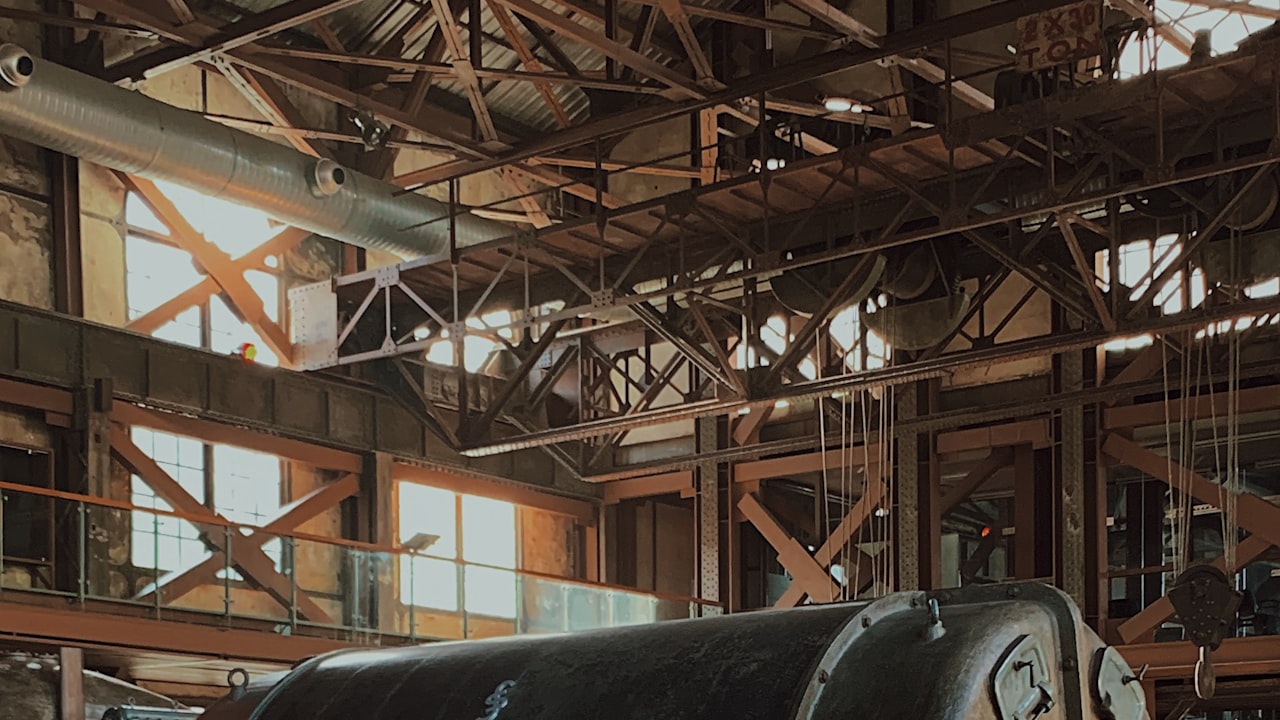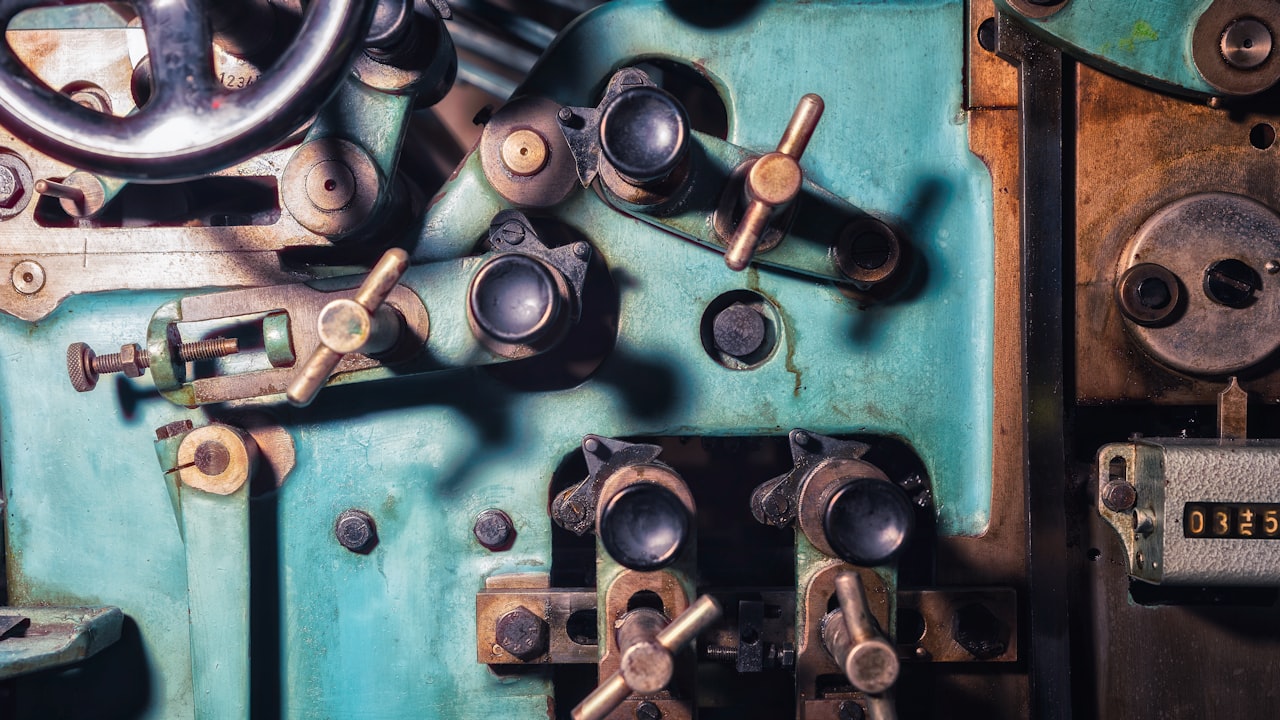Title: “The Evolution of Pharmaceutical Machinery: From Traditional to High-Tech Solutions”
In the realm of pharmaceutical manufacturing, the evolution of machinery has been instrumental in enhancing efficiency, accuracy, and output. As the demand for medication continues to rise globally, the industry has witnessed a shift from traditional equipment to cutting-edge technological solutions. This transition has not only streamlined production processes but has also ensured the delivery of safe and effective medications to patients worldwide.
One of the key pieces of equipment in pharmaceutical manufacturing is the tablet press machine. Initially, these machines were manual and required significant human intervention. However, with advancements in technology, modern tablet press machines have become automated, allowing for higher precision and speed. These machines are now equipped with features such as real-time monitoring and data recording, ensuring consistent tablet quality and reducing the risk of errors during production.
Another critical machine in pharmaceutical manufacturing is the capsule filling machine. Similar to tablet press machines, capsule filling machines have undergone significant upgrades over the years. From manual operation to semi-automatic and fully automatic models, these machines now offer improved efficiency and accuracy in filling capsules with the desired medication. The integration of technologies like artificial intelligence and machine learning has further enhanced the capabilities of capsule filling machines, enabling pharmaceutical companies to meet growing demands while maintaining product quality.
Two prominent types of tablet press machines commonly used in pharmaceutical manufacturing are TDP (Tablet Press) and THDP (High-Speed Tablet Press). TDP machines are known for their reliability and versatility, making them ideal for small to medium-scale production. On the other hand, THDP machines are designed for high-speed production, capable of producing a large volume of tablets in a short period. The evolution of these machines has revolutionized the pharmaceutical industry, allowing companies to scale up their production capacity and meet market demands efficiently.
In conclusion, the evolution of pharmaceutical machinery from traditional to high-tech solutions has brought about a significant transformation in the industry. The advancements in tablet press and capsule filling machines, including the introduction of TDP and THDP models, have revolutionized manufacturing processes and improved pharmaceutical product quality. As technology continues to progress, pharmaceutical companies are poised to benefit from further innovations in machinery, driving the industry towards higher levels of efficiency and excellence in medication production.

 Title: “The Advancements in Pharmaceutical Machinery: Revolutionizing Drug Production”
Title: “The Advancements in Pharmaceutical Machinery: Revolutionizing Drug Production” Title: Revolutionizing Pharmaceutical Production: The Impact of Pharmaceutical Machinery
Title: Revolutionizing Pharmaceutical Production: The Impact of Pharmaceutical Machinery



